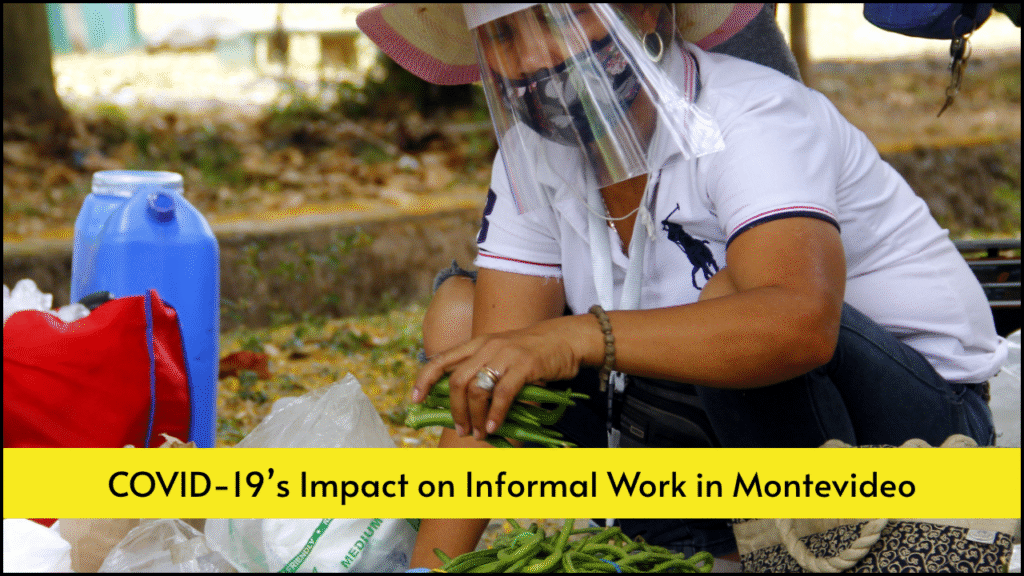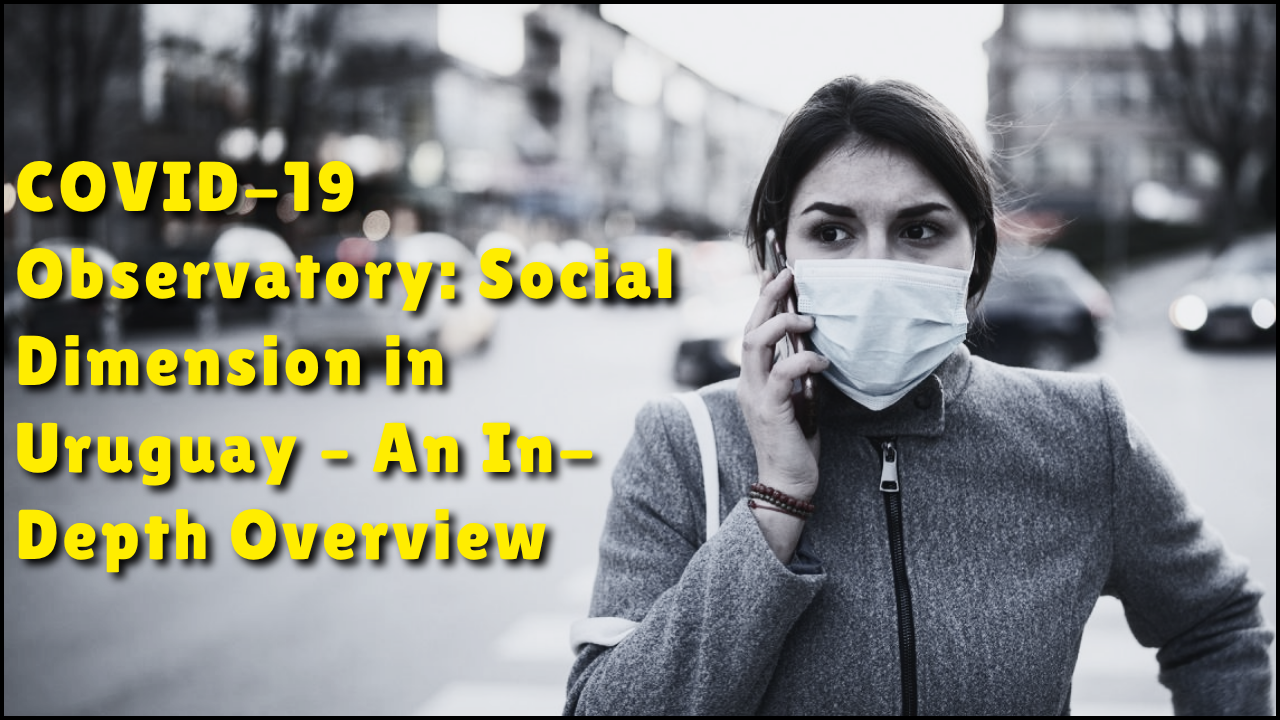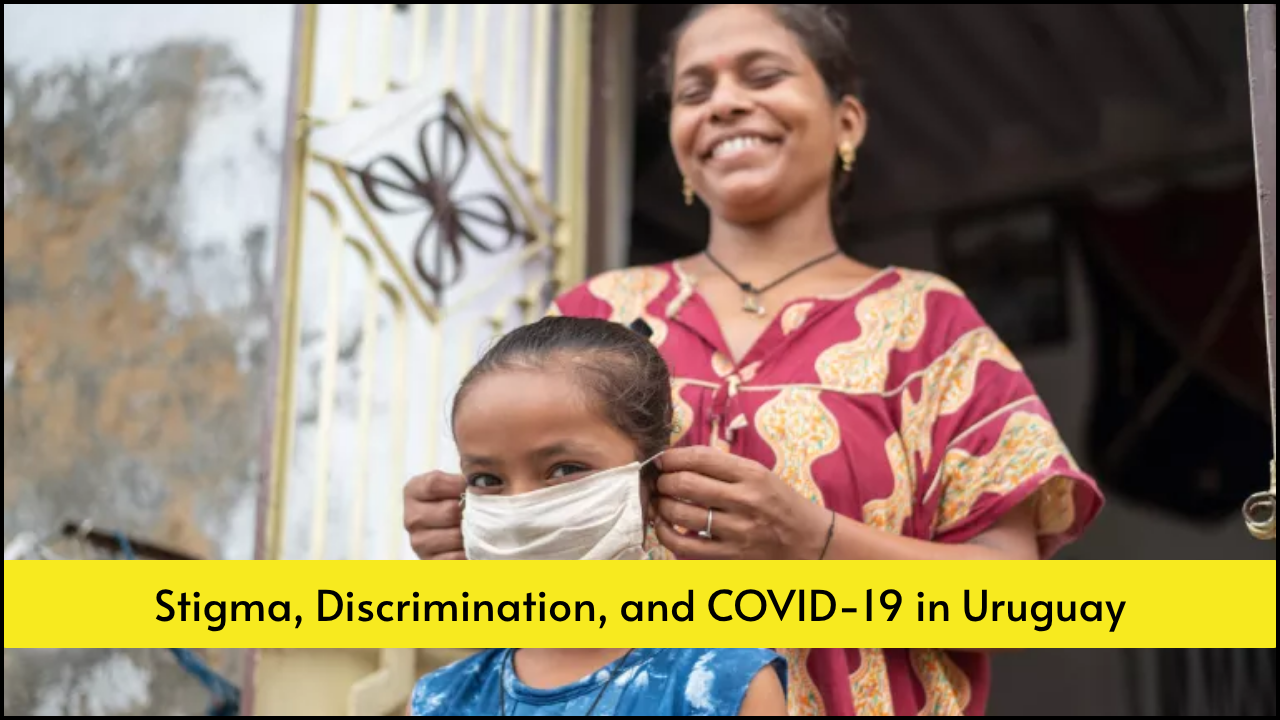
The COVID-19 pandemic severely disrupted global labor markets, with informal workers among the most vulnerable. Montevideo, the capital of Uruguay, experienced significant shifts in its informal economy during the pandemic. Informal work, which often lacks legal protections, a steady income, and access to social security, became even more precarious. The city’s efforts to balance public health with economic resilience highlighted both the fragility and the adaptability of informal employment structures.
Table of Contents
Nature of Informal Work in Montevideo
- Informal employment forms a large portion of Uruguay’s urban labor force, particularly in service-based and low-wage sectors.
- Street vendors, domestic workers, waste pickers, and freelancers often operate outside formal regulations.
- Lack of social security, absence of contracts, and income unpredictability make informal workers economically insecure even in stable times.
Vulnerable Sectors Most Affected
- Street vending faced immediate collapse due to reduced foot traffic during lockdowns.
- Domestic workers, mostly women, were laid off or faced unsafe working conditions.
- Waste pickers experienced restricted access to waste collection points and reduced demand for recyclable materials.
- Informal construction workers lost employment due to halted projects and mobility restrictions.
Government Restrictions and Policy Responses
- Lockdowns and curfews led to a sudden halt in economic activities in the informal sectors.
- Health measures enforced by authorities were not always adaptable to informal workplaces.
- Emergency cash transfers were introduced, but coverage gaps excluded many informal workers.
Key Challenges Faced by Informal Workers
- Income loss became immediate for daily wage earners.
- Access to food and shelter grew uncertain for workers without savings or rental support.
- Healthcare access remained limited, with informal workers often lacking medical insurance.
- Digital exclusion further marginalized those without access to online platforms or mobile banking.
Main Challenges Faced by Informal Workers During COVID-19 in Montevideo
| Challenge | Details |
|---|---|
| Loss of Income | No work during lockdown; no savings or unemployment benefits |
| Health Risks | Continued exposure to the virus without protective measures or coverage |
| Lack of Social Protection | Absence of contracts, pensions, insurance, or maternity leave |
| Housing Instability | Inability to pay rent, risk of eviction |
| Food Insecurity | Dependence on food banks and community kitchens |
| Limited Digital Access | No remote work possibilities; excluded from digital financial tools |
Impact on Women in Informal Employment
- Female domestic workers were disproportionately affected, as many employers discontinued services.
- Childcare burdens increased due to school closures, limiting women’s work participation.
- Gender-based violence escalated, compounding economic vulnerability.
- Female street vendors and informal entrepreneurs saw a collapse in market-based income.
Adaptation and Resilience Strategies
- Mutual aid networks formed in neighborhoods to provide food and healthcare supplies.
- Mobile apps and WhatsApp groups helped some workers organize deliveries or informal sales.
- Cooperatives and associations advocated for inclusion in social protection programs.
- Street markets adapted with distancing measures and mask mandates to continue operations.
Adaptation Strategies Among Informal Workers
| Strategy | Application |
|---|---|
| Community Support | Food distribution and pooled resources in local networks |
| Digital Tools | Informal sales and service promotion through mobile apps |
| Alternative Employment | Temporary shifts to delivery work or caregiving roles |
| Worker Cooperatives | Advocacy for rights and resource-sharing mechanisms |
| Local Government Support | Municipal relief efforts including hygiene kits and hot meals |
Government and NGO Interventions
- Municipal programs distributed hygiene products and food baskets to informal workers.
- NGOs and churches operated soup kitchens and provided housing assistance.
- Public-private partnerships helped retrain workers in basic digital literacy and remote selling.
- The national Social Emergency Plan extended some benefits to informal laborers, though inconsistently.
Gaps and Inequities Exposed
- Data limitations made it hard to identify and reach all informal workers.
- Language barriers and a lack of digital access hindered the communication of assistance programs.
- Structural inequality became more visible, especially among Afro-Uruguayans and immigrants in informal roles.
- Short-term policies failed to provide lasting security or integration into the formal economy.
Long-Term Implications for Montevideo
- Increased advocacy has led to discussions on integrating informal workers into the formal system.
- Universal basic income (UBI) and expanded social protection are being debated more seriously.
- Urban planning now includes informal economy considerations, like designated vending areas.
- Employment formalization initiatives have seen support in policy circles but face resistance due to cost and bureaucracy.
Long-Term Policy Recommendations
| Recommendation | Purpose |
|---|---|
| Expand Social Protections | Include informal workers in health, pension, and emergency schemes |
| Digital Inclusion | Improve internet access and training for informal earners |
| Data Collection Reforms | Track informal labor for better response planning |
| Urban Infrastructure | Create safe zones for street vending and informal trading |
| Labor Rights Advocacy | Promote legal frameworks that recognize informal work |
Community Case Studies
- Barrio Sur, a working-class neighborhood, created a volunteer-led soup kitchen that fed over 1,000 people weekly during the peak of the pandemic.
- Women-led cooperatives in informal recycling pooled resources to ensure everyone had minimal income and personal protective equipment.
- Delivery biker networks, though informal, organized self-regulation for fair pay and safety rules among members.
Closing Perspectives
The COVID-19 pandemic exposed and intensified the vulnerabilities of informal workers in Montevideo. Informal labor, long essential yet marginalized, faced economic, social, and health-related setbacks. However, the resilience shown by communities and workers highlighted their capacity to adapt in crisis. Going forward, meaningful inclusion of informal work in policy, data, and protection frameworks will be essential for a more equitable urban recovery.





